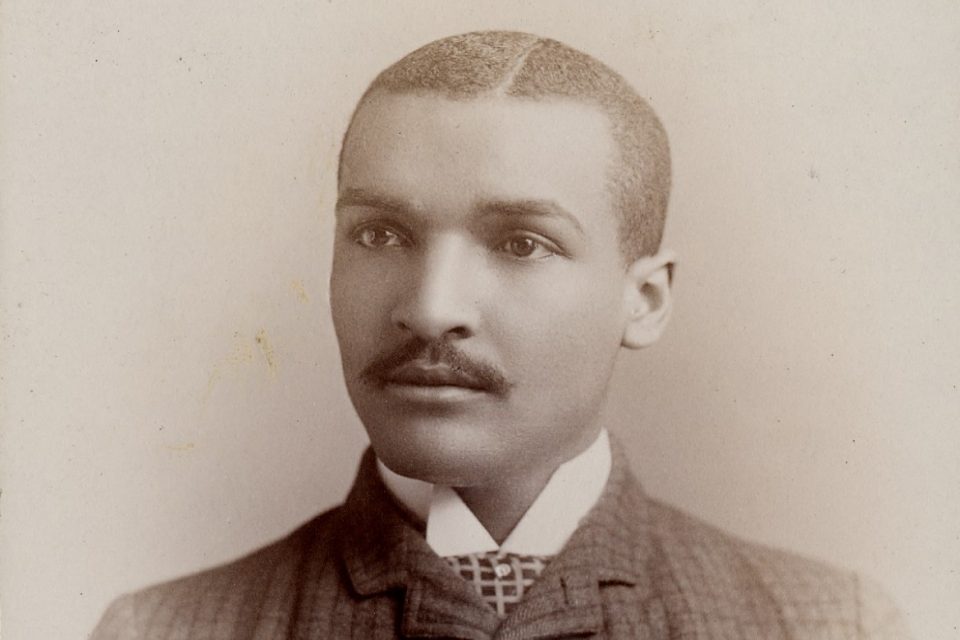John Wesley Gilbert was a classical scholar who was the first African-American archaeologist. Gilbert discovered the ancient Greek city, Eretria, and produced the first map of the ancient structure. He was also the first graduate of Paine College, the first African-American professor of that school, and the first African-American to receive a master’s degree from Brown University.
Gilbert was born to enslaved parents in Georgia on July 6, 1864. After the Civil War and the abolition of the Maafa (slavery), he completed his primary and secondary education as well as working as a farmhand. In 1884 he was accepted to Paine College, where he studied for two years before transferring to the junior class of Brown University in 1886 after the president of Paine offered to fund the transfer.
Gilbert had a particular interest in ancient languages, and while at Brown, he received a scholarship to attend the American School of Classics in Athens, Greece. He was the first African American to attend that school, and during his time there, he was given an award for “excellence” in Greek. Participating in archaeological excavations throughout Greece, he discovered Eretria’s ancient pillars, gates, and walls. He traced the walls, located the structure’s towers, and then worked with his team to produce the first map of Ancient Eretria.
These experiences led Gilbert to pursue a Master’s degree in archaeology (he received his bachelor’s degree from Brown in 1888), where his thesis, “The Demes of Attica,” focused on the villages at Attica. In 1889, he married Osceola K. Pleasant, a graduate of Fisk University and Paine College (together, they had four children).
In 1891, after becoming the first African American to receive a Master’s from Brown he returned to Augusta, Georgia, and began to teach the Greek language and English at his former school, Paine College. In 1913, he was appointed the president of Miles College. He served in that post for one year before returning to Paine College.
Throughout the early 20th century, Gilbert focused much of his time on improving the status of African Americans, especially regarding quality and access to education, criticizing the use of textbooks written by and for a European audience. Demanding a review of the education system, Gilbert sought reforms that would allow young black Americans to “write and to discover their own worthiness”, thereby carving a space from which they could actively contribute to the broader American tradition with their own perspectives.
He died on November 19, 1923.
His most enduring contribution may be as a teacher and preacher in the South, where his students and the community benefited from his scholarship and lectures. Gilbert is said to have influenced another prominent African American from Augusta, John Hope, the first Black president of Morehouse College and one of the founding members of the Niagara Movement.
In 1941, the city of Augusta built a low-income housing complex across the street from Paine College. In honor of Gilbert, the complex was named Gilbert Manor. The housing was closed in 2008 in order to make room for expansion of the Medical College of Georgia.
Sources:
https://en.wikipedia.org/wiki/John_Wesley_Gilbert
https://campusarch.msu.edu/3484
https://encyclopedia.jrank.org/articles/pages/4256/John-Wesley-1864-1923.html




1 comment
Thank you for sharing this. I am in my final year at my University, where I’m the first Black woman to attend and possibly graduate from Archaeology School. This is definitely inspiring x